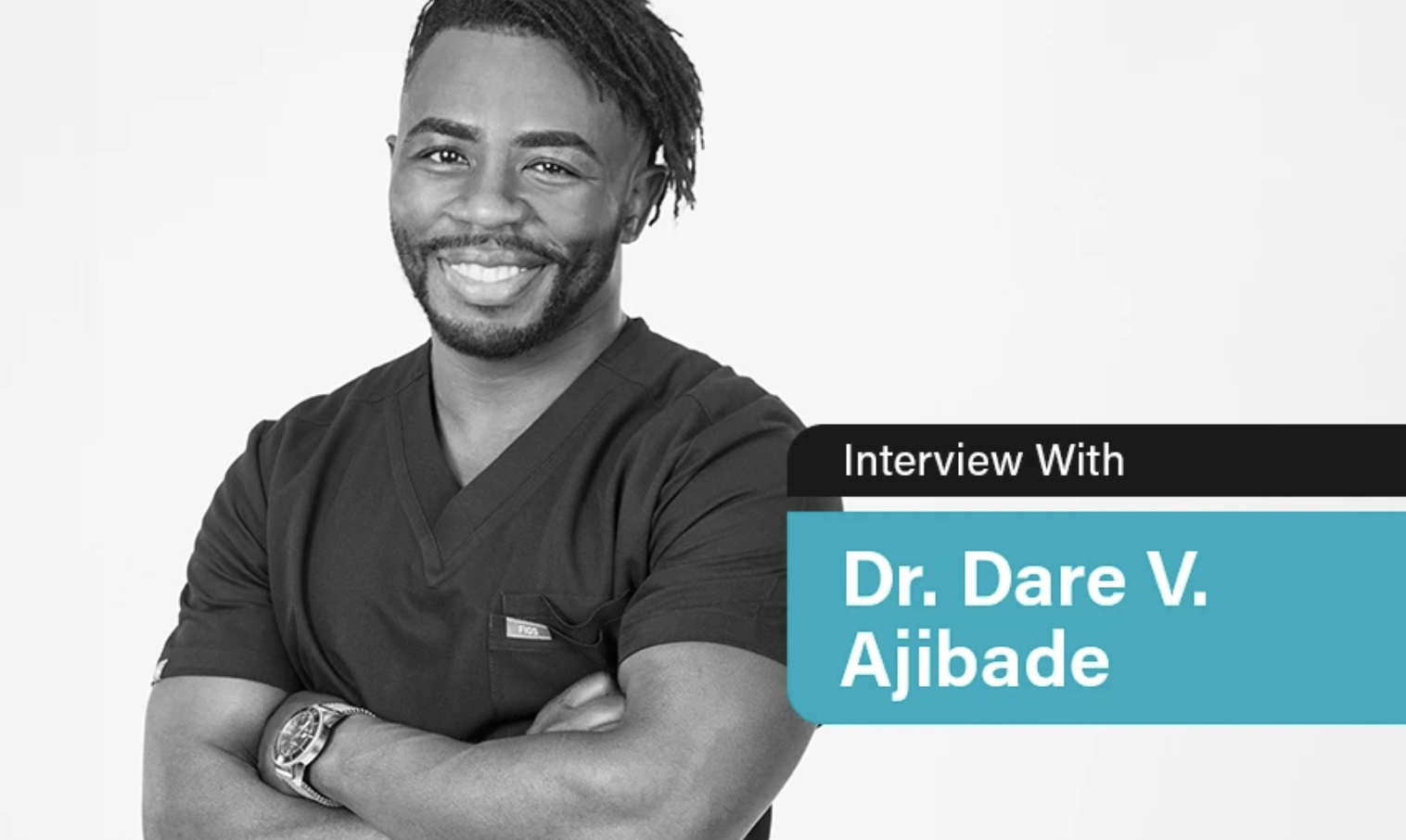Health Reporter: Dr. Dare V. Ajibade: “Technology Will Shape the Future of Plastic Surgery”
Let’s go back to the very beginning. What inspired you to become a plastic surgeon?
As the ultimate art of transformation, plastic surgery has always fascinated me. It is the perfect blend of art, technology, and science with creativity, which I found to be intriguing. The privilege of being able to make a positive difference in people’s lives and enhance their self-confidence through plastic surgery is truly inspiring.
As a child, I was drawn to the field of medicine due to its ability to directly impact people’s health and well-being. I saw examples of this as a child, seeing my aunt, a midwife in a rural area, increase access to care for her patients.
However, it was during my years in medical school and general surgery training that I developed a deep appreciation for the art of surgery, particularly plastic surgery. I learned that both the physical and emotional aspects of health are necessary for a patient’s complete recovery. Whether it was burn reconstruction, mastectomy reconstruction, or rhinoplasty, I saw the effect of renewed confidence and overall wholeness after plastic surgery.
The precision, the attention to detail, and the blend of aesthetics and medical science required in plastic surgery fascinated me. I was enthralled by the transformative power it holds, the capacity to enhance and even restore function while creating aesthetics and normality where it might have been lost.
Plastic surgery is deeply rewarding and a privilege to professionally service humanity. The joy patients express when they see positive changes, whether it’s reconstructive surgery after a life-altering event or cosmetic surgery to enhance self-esteem, is magical. This profession is not just about altering physical appearances but also about enhancing emotional well-being.
Share with us, what is the most rewarding part of your job?
It was the blend of art and science, the transformative power and the potential to positively impact people’s lives that inspired me to become a plastic surgeon. Now, every day, I am grateful for the opportunity to make a difference in people’s lives in such a profound and personal way.
What advice can you offer to individuals considering cosmetic surgery?
It is important to understand your aesthetic goals and motivations. Research and consult with experienced, well-trained plastic surgeons who understand your individual aesthetic goals. Patients should also set realistic expectations based on their starting point and goals.
What are the most common skin problems you see in your patients?
Plastic surgeons often deal with excess skin, aging skin with laxity and wrinkles, poor skin texture, discoloration, sun damage, scarring, and unevenness, to name a few.
Talking about skin protection, how can individuals minimize the effects of UV damage and oxidative stress?
To minimize the effects of UV damage and oxidative stress on the skin, patients should consider the following:
- Avoid direct sunlight when possible by seeking shade and wearing protective clothing and eyewear.
- Regularly apply a broad-spectrum sunscreen with an SPF (Sun Protection Factor) of 30 or higher.
- Avoid tanning beds, which may emit UV radiation that can cause significant damage to the skin.
- Practice a good and regular skin regimen, including products that contain antioxidants, such as vitamin C, vitamin E, or retinol. These antioxidants can help combat oxidative stress and protect the skin from UV damage. Additionally, keep your skin moisturized to maintain its natural barrier function.
- Stay hydrated to promote overall skin health.
- Avoid known toxins and carcinogens that come from smoking and excessive alcohol consumption. Those habits not only increase the risk of various health problems but also accelerate skin aging and increase oxidative stress.
- Schedule regular skin checkups with a dermatologist or healthcare provider to monitor any changes or potential skin issues, including skin cancer.
What are some of the current trends that you are seeing in the cosmetic surgery industry?
Some of the biggest trends in plastic and cosmetic surgery stem from rapidly advancing technology.
In recent years, virtual consultations have become more prevalent to make evaluations more accessible to patients with busy schedules. Going beyond before and after images, augmented reality and AI are being used to help patients visualize specific outcomes that align with their goals before surgery.
We are exploring the fusion of aesthetics and technology in plastic surgery with Dr. Dare V. Ajibade.
Other technologies, such as radiofrequency skin tightening, EMS for muscle toning and body contouring, regenerative medicine, and stems, are pushing the boundaries of minimally invasive and non-surgical procedures as a bridge prior to major surgery, to obviate surgery completely or maintenance of previous surgical procedures.
Other trends include increasing male interest in cosmetics and aesthetics and the use of combination therapy for even more dramatic results.
What do you think the future of plastic surgery is going to look like?
The future of plastic surgery will be shaped by advances in technology to achieve significant improvements minimally invasively and with much less downtime. In addition, evolving patient preferences for more natural, subtle enhancements and a personalized approach will allow surgeons to customize treatment plans and outcomes.



